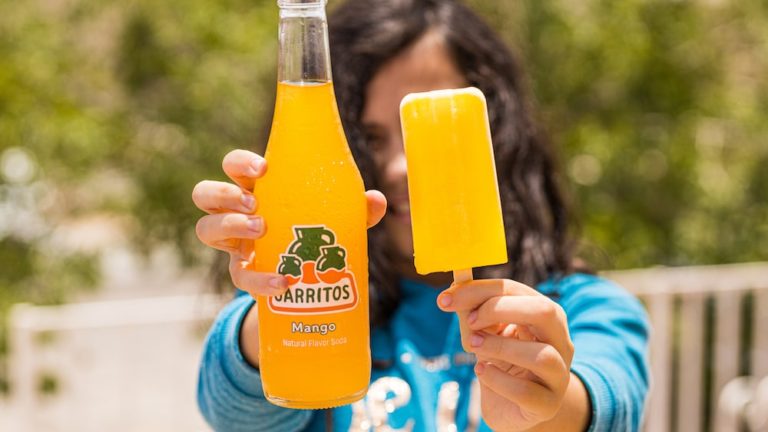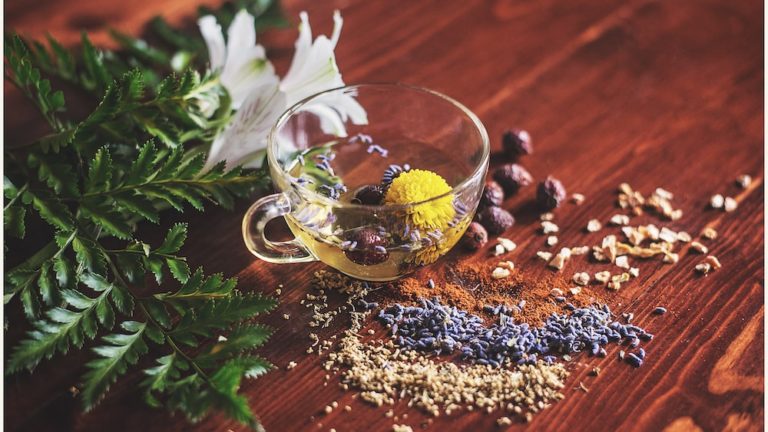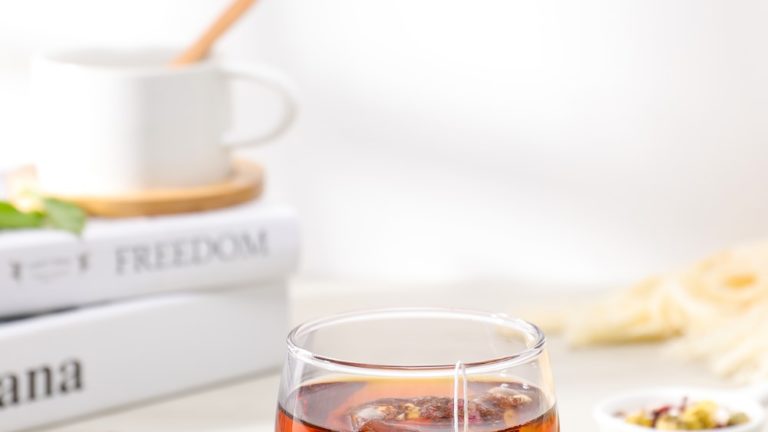Does Tea Dehydrate You? The Truth About Tea And Hydration
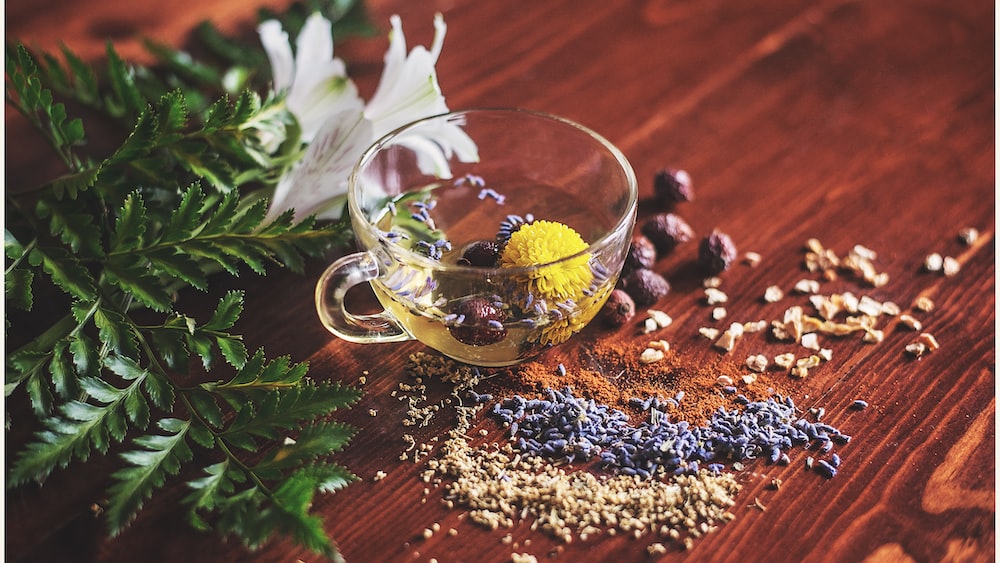
Does Tea Dehydrate You? The Truth About Tea And Hydration
Did you ever hear the quirky myth floating around that sipping your favorite tea can actually dehydrate you, just like a bone-dry comedy on a late-night TV show that leaves you thirstier than ever? Isn’t that just a curler in your hair! You and your love-struck heart for tea surely deserve better than such outlandish claims, right? So for all the tea-lovers, wellness-fanatics, and curious minds out there, we are on a mission to put this rumor to bed once and for all.
If you have ever found yourself frantically Googling “Does tea dehydrate you?”, before realizing that your kettle feels neglected, hold onto your teacups, because we are going to turn that world of your tea-soaked uncertainties upside down. We’ve brewed up a hearty potion of facts, bringing together the art, the culture, and more importantly, the science of tea.
Our quest for the truth about tea and hydration will take us on an aromatic journey, from exploring the fundamental roots of hydration and dehydration, all the way to the role that different types of tea play in this game. It’s time to steep your curiosity and enjoy the flavor of facts unfolding.
Understanding Hydration and Dehydration
Before we spill the tea about tea, let’s wrap our heads around the actual concepts of hydration and dehydration; the yin and yang of human fluid dynamics. Quite often, we overlook the serious, dense tones of dehydration, taking it as lightly as bad Wi-Fi connection. But honey, it’s anything but that.
The Importance of Hydration
Just like that secret ingredient in your grandma’s recipe that makes her dish oh-so-delicious, water is the linchpin that keeps the magnificent machinery called the human body running smoothly. You might be wondering, “Why should I care?”
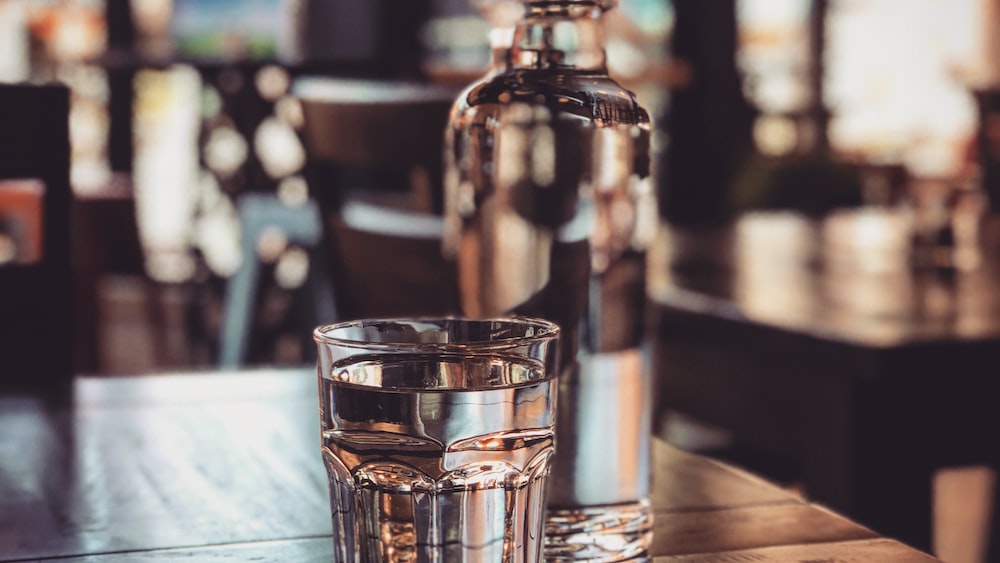
Well dear tea-drinker, lean in and let’s have some serious tea-talks. Hydration is pretty much like the harmless but zealous stagehand who works behind the curtains, silent but vital, ensuring the smooth performance of the main actors: your organs.
Water carries nutrients to all our cells, ensuring that the body isn’t some gloomy, deserted castle, but a thriving kingdom bustling with life. It acts as a shock absorber for our brain, spinal cord, and even doubles as a cooling system, preventing you from becoming overheated and exploding like a teabag left too long in boiling water.
Water is the secret ingredient that keeps the human body running smoothly, acting as a shock absorber for the brain and spinal cord, carrying nutrients to cells, and preventing overheating.
Risks of Dehydration
Now imagine the chilling scenario where our silent hero, hydration, is scarce. Dehydration, the villain of this tale, taps into the scene, and boy, what a grim picture it paints. In an ironic twist of fate, more tea for you might mean more trouble too.
The first sign of our villain’s presence is thirst. But it doesn’t stop there like some lousy TV sequel. Deeper into dehydration depths, it can trigger more serious health issues like kidney stones. Now envision passing those, a pain second to none.
Moreover, a constant state of dehydration can put a tremendous load on your tiny bean-shaped warriors, the kidneys, asking them to filter blood without enough water. Over time, this can put you at risk of kidney disease. Wasn’t ready for today’s tea to turn this bitter, were you?
The Role of Tea in Hydration
But splash some milk of hope into this bitter brew, because now we step into the main arena: the role of tea in hydration. We’re not blindly suggesting to guzzle tea like it’s an endless hydration fountain. We’re here to examine the facts, one delicate sip at a time.
How Tea Affects Hydration
Tea, with its comforting warmth and rich flavors, is more than just an autumn hug in a cup. Sure, it’s lovely to imagine tea as a liquid sweater, protecting you from the harsh winter outside, but there is so much more to it.
You see, tea itself is primarily water (surprise, surprise!), which is good news for your hydration status. But here’s the plot twist. Most teas also contain caffeine, and there resides our central controversy.
Caffeine, the notorious stimulant known for its diuretic effects, is often painted as the hydration villain. But fret not dear tea drinkers, for the science gods have spoken, and it’s not as grim as it might seem.
Comparing Tea and Water: Which is More Hydrating?
So, how does your treasured cup of tea fare against the plain Jane that is water? Well, just like trying to decide your favorite Marvel hero (who are we kidding, it’s always Iron Man), it’s a toss-up.
On one hand, water is the unrivaled, unadulterated champ at replenishing our bodily fluids. But on the other hand, tea, with its rich roster of antioxidants, amino acids, and minerals, delivers benefits-hydration and beyond.
Interestingly, a study by the European Journal of Clinical Nutrition concludes that tea, as a hydration source, stands proud, shoulder to shoulder with water. That’s a massive win for team “Tea” in the tea vs water battle, right?
Different Types of Tea and Their Effects on Hydration
Just when you thought the hydration plot couldn’t thicken any further, we dive into the diverse world of tea. It’s time to unravel how the different shades of this beloved beverage – green, black, herbal, and their hybrids – each tell a different hydration story.
Caffeinated Teas
Oh, caffeinated teas! The reigning champions of morning wake-ups and afternoon pick-me-ups. Now you may be thinking, “Isn’t caffeine a diuretic? Does it not invite fluid – aka water – to boogie right out of our bodies?” Well, yes and no. Research has shown that while caffeine does have diuretic properties, the amount of caffeine in most teas is not enough to dehydrate you.
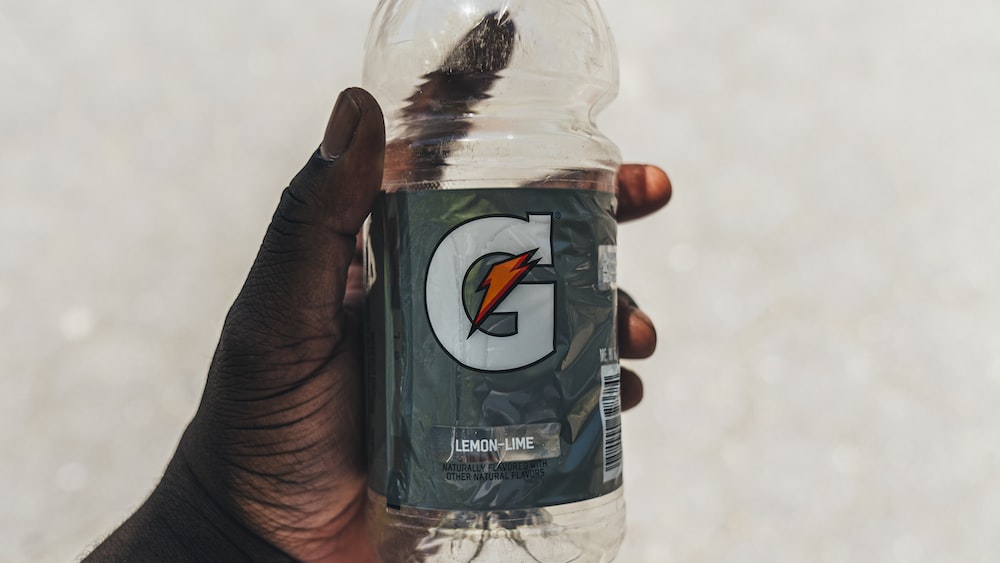
In fact, the fluid in the tea more than compensates for the diuretic effects of the caffeine. Ever wonder why astronauts don’t go to tea parties? Because they can never find the ‘pour’. But trust me, there’s plenty to pour when it comes to caffeinated tea, considering it’s mostly made up of water!
The fluid in caffeinated tea compensates for its diuretic properties and prevents dehydration.
Herbal Teas
Swirling on to the dance floor now are the Herbal Teas – the jazzy jivers of the tea world. Generally caffeine-free, these teas are as hydrating as water. You see, it’s like getting the hydration benefits of water, but with more rhythm and jazz – think of water as a ballad, herbal tea as a snazzy jazz tune.
Herbal teas can be made with a variety of plant materials, including leaves, seeds, roots, and flowers. This gives them their unique flavors and offers additional health benefits. Just remember one thing though – don’t say tea to a gardener, they might start boiling their begonias!
Hybrid Varieties
We’ve touched on the cha-cha of caffeinated teas and the samba of herbal teas, but what about the tango of the tea world – the Hybrid Varieties? These teas, like the Electric Slide of the dance floor, are a blend of two or more tea types, often bringing together the best of both worlds.
Think caffeinated tea and herbal tea locking elbows and pacing down the dance floor. What you get is the stimulating benefit of caffeine mixed with the flavor and health benefits from the herbs. This synchronization doesn’t compromise on the hydration part though. The fluid content in these blends ensures that these teas keep our hydration levels as well-balanced as a well-executed waltz.
Finally, our hybrid teas embrace the wonders of diversity. The caffeine content can vary based on the proportion of caffeinated tea used in the blend. It’s like every hybrid tea has its own dance style, from the slow waltz to the quickstep!
Tea vs. Coffee: A Hydration Comparison
Both tea and coffee attend the liquid tango in our day to day lives, but how do they stack up when it comes to hydration? Besides our swirling teas, let’s bring coffee into the mix, and see how this little shuffle plays out.
Is Tea or Coffee More Hydrating?
Well, this requires a little foxtrot with concepts. Both tea and coffee contribute to your daily fluid intake, but does either have the edge as they shimmy down the hydration dance floor? In one corner, we have tea, often considered more hydrating due to its lower caffeine content. In the other, we have the dark, rich coffee, renowned for its higher caffeine jive.
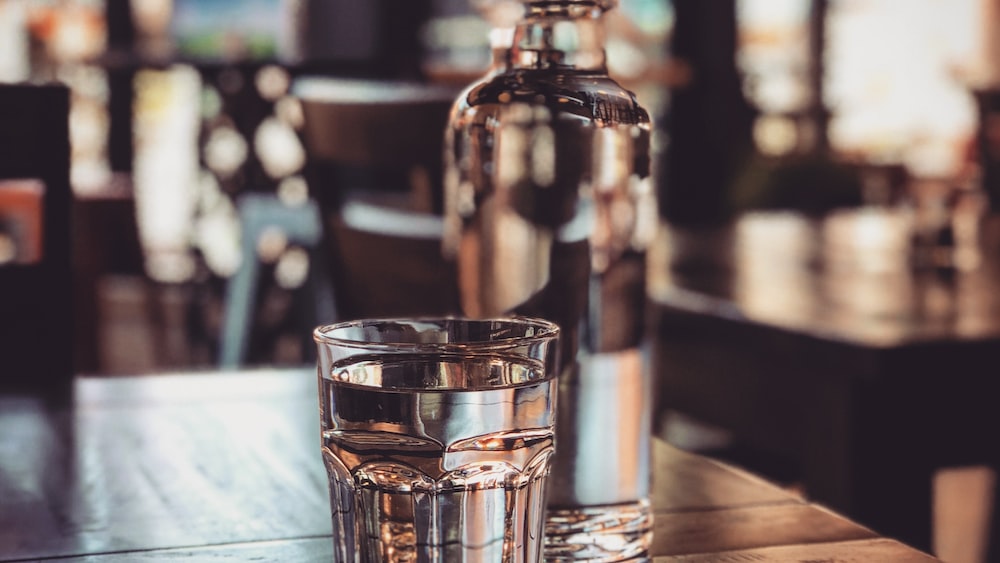
From a hydration perspective, tea could probably twirl out a win with its lower caffeine content. Coffee, although a good source of fluid, has more caffeine which can create a mild diuretic effect. But does it mean you’ll end up playing the parched castanets? Not really, it just means tea leads the hydration salsa a bit more naturally.
Side Effects of Too Much Tea or Coffee
As with any good song, it’s possible to play it too many times until it loses its charm. The same goes for tea and coffee. Sure, they might be doing the rumba with your hydration levels, but too much could lead to a cha-cha-cha with some not-so-fun consequences.
Overconsumption of caffeinated teas or coffee can lead to problems like disrupted sleep, jitteriness, and an overactive bladder. Ever tried to square dance with an overactive bladder? It’s not a shimmy you’d enjoy. In rare instances, it can even lead to dehydration if you are replacing water intake with high quantities of these beverages.
So, imagine a playlist – that’s your fluid intake. You love that rock and roll coffee song and that bebop tea tune. But play them on loop, and you’ll end the night with ringing ears and a weary sense of regret. Balance is key – a diverse mix of tunes, or rather, drinks, will keep you better hydrated and healthier overall.
Health Benefits of Tea Beyond Hydration
Beyond the hydration waltz, tea tangoes with a plethora of health benefits. So, let’s take a tour backstage to see what makes tea so incredibly versatile and beneficial to our health.
Nutritional Facts of Tea
True to its flavor symphony, tea’s benefits go beyond mere hydration. This humble leafy brew comes packed with bioactive compounds that jive with our health in multiple ways. Tea is known to contain a variety of nutrients and beneficial compounds including polyphenols, catechins, and flavonoids.
First and foremost, tea is virtually calorie-free – talk about a dance with no downfalls! At the most, it may contain a calorific count that could be equated to a toe-tap, or a slight nod of the head, with only 2-3 calories per serving.
Furthermore, tea is a natural source of fluoride, which can contribute to dental health – making your smile as radiant as a cha-cha-champion. Lastly, tea dances hand in hand with your heart health. Studies suggest the flavonoids found in tea can be heart-healthy by reducing blood clots and helping to lower cholesterol. It seems tea knows not just how to dance to the beat, but also how to keep the beat healthy!
Additional Health Benefits of Drinking Tea
So, besides being hailed as a hydration knight in shining armor, what else do we know about tea? Ah, I see the sparkle in your eyes! You’re waiting for some serious tea-intel, aren’t you? Well, I’ve got some piping hot facts, steeped with scholarly research, ready to be poured!
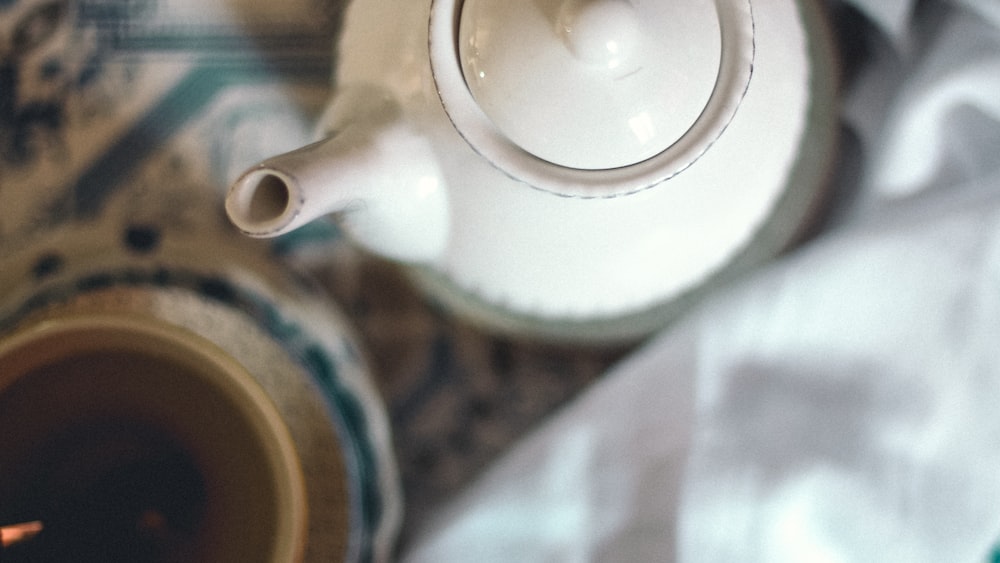
Apart from quenching your thirst, tea also wields some potent health benefits. Loaded with antioxidants, teas such as green, black, and white tea may help reduce the risk of heart disease and certain types of cancer. And that’s not all – they may also promote weight loss, enhance mental alertness, and improve gut health. It’s like a superfood that doesn’t require you to twitch your nose or quiver your whiskers at its taste because it’s just so darn good!
The next time someone side-eyes your teapot, serve them a cuppa health facts. I mean, who wouldn’t want to armor their bodies with this super-hydrating, health-boosting elixir? Now, sip on that!
FAQs
1. Can you count tea as water intake?
The question on everyone’s mind – counting tea as water intake. Yes, but with a small print! Tea can contribute to your daily hydration needs, but remember, it doesn’t completely replace the necessity of plain water. So, keep your tea addiction in check!
2. Why do I feel dry after drinking tea?
Feeling dry after drinking tea, you say? It’s probably due to the slight diuretic effect certain teas have, particularly those high in caffeine. Don’t let this little hiccup deter you from your tea voyage though!
3. Does the type of tea affect its hydrating properties?
Oh, the type of tea definitely plays a role in its hydrating properties. Herbal, green, or black, each type has its unique potency. Generally, caffeine-free herbal teas are more hydrating, but that shouldn’t stop all you aficionados from enjoying your favorite blends responsibly!
4. How much tea should I drink to stay hydrated?
Staying hydrated with tea, an interesting approach. Well, there’s no fixed quantity – it depends on factors like your body size, activity level, and climate. But remember, moderation is key when tea is your hydration buddy!
Conclusion
And that, my tea-lovin’ pals, brings us to the end of our hydration-or-dehydration tea-spree. Who knew the world of tea offers not just a journey of delightful flavors but also a roller coaster ride of hydration twists and turns? Goes to show that even the daily rituals we toil not to spill can hold astounding discoveries!
While research continues to explore, remember to trust what your body tells you. Our bodies can be more intuitive than we give them credit for, providing cues when we have had that teacup too many or when we could use one.
Tea is like a friend who’s got your back (and hydration) but in a more comforting, warmth-filled way. So, keep sipping, keep exploring, and remember, every tea leaf has a tale, and every cup, a revelation. For now, though, I bid you adieu. Until next time, keep brewing, my friends!
Warmly,
Zoe

